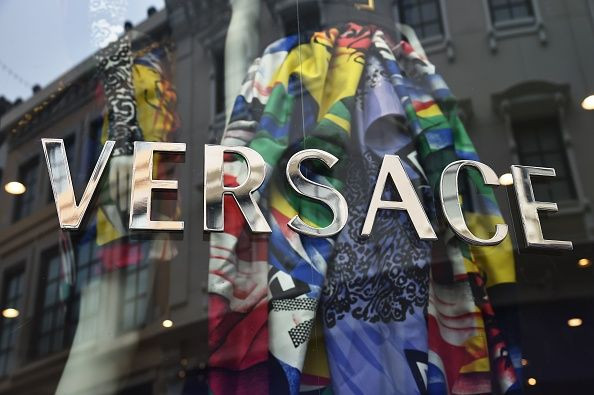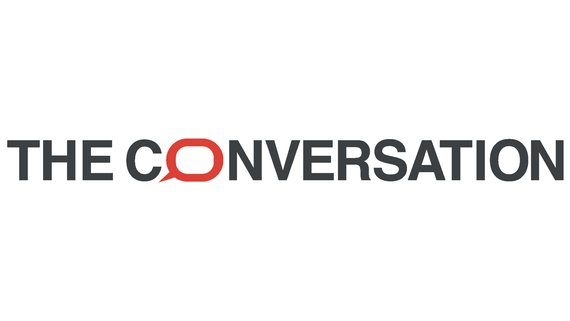Versace Acquisition: Michael Kors Needed To Boost Its Credibility

By acquiring the prestigious Italian fashion house, Versace, American group Michael Kors enters the luxury world, despite a lack of experience in the sector. It’s a risky move, but one that makes financial sense.
When we think of disruption, we tend to think that old companies disappear and new ones take over. But this is not what is happening in the luxury sector, where the opposite seems to be happening. And the Michael Kors Versace deal is one such example. This purchase is highly symbolic – independent luxury companies are increasingly struggling to make it on their own, while big groups such as Kering and LVMH are continuing to grow and get stronger. Michael Kors seems to have taken note.
By buying Versace for US$2.1 billion, Michael Kors is spending a significant amount of money precisely to grow the group – now renamed Capri Holdings – around its own brand. In 2017, it also acquired Jimmy Choo, the prestigious British shoemaker, for €1 billion.
By acquiring the well-respected Milan-based brand, Michael Kors is not only pursuing its strategy to grow, but also a diversification geared towards luxury, a sector that is growing faster than companies selling to general consumers – where Kors is positioned today. Another objective of this diversification is to boost production of accessories and leather goods, items in which Versace has a great deal of expertise. With consolidated revenues of US$6 billion Michael Kors’ new group of brands will become number one in the US – bigger than Hermès or Ralph Lauren.
Challenges for Versace alone
From the point of view of Versace’s management, the reasons to sell are many. First, the stakes of digital transformation and globalization are getting higher – which involves higher costs – and significant investments are needed to stay in touch with customers, before, during and after the sale of goods.
Above all, innovating products – one of the longstanding strong points of luxury brands – is no longer enough. Nowadays, brands must be innovative communicators as well, showing experiences that revolve around the product, communicating across numerous channels, in post-purchase experience, in loyalty schemes, and more.
Another reason to sell is that the house needed to continue to refresh a brand that has seen many low points since the murder of Gianni Versace in 1997.
And finally, since Versace is a family business, Donatella stays on as artistic director, but ultimately the long-term survival of the brand will have been the most important factor for Versace’s management, who will remain involved. And let’s also not forget the substantial amount of money the family stood to make from the sale.
Why sell to Capri Holdings?
Kering, the French owner of Yves Saint Laurent, and Gucci among others, was also reportedly interested in buying Versace. Therefore it seems likely that Michael Kors will have put more money on the table. According to some commentators, Michael Kors paid too much for the purchase in order to grow.
It’s also probable that Versace didn’t want to sell to a French group. The political tension between Italy and France that sparked up this summer over migrants is also quite significant. In deals like this, personal affinities often play a big part and this could have played a part between the Versace family and Capri Holdings.
Strategic implications for Versace
Donatella Versace, heading creation, her Brother Santo, in charge of administration, and their teams, have done an exceptional job at the reins of the company. Despite numerous struggles, they managed to keep their business going, and to resize and then reposition their brand after Gianni’s death.
Their latest initiatives have been profitable, such as the relaunching of parallel brands such as Versace Collection – less expensive with a younger target group – or bringing back a classic Versace style for a collection created in 2017 to honor Gianni. Today the name Versace is still very valuable, especially in rapidly developing economies such as China.
The future of Versace however is not necessarily that bright. Capri Holdings group doesn’t have a lot of experience in managing luxury brands. Currently, the group manufactures many products in developing countries (mostly in China) at a time when consumers, especially European ones, have lost their taste for brands that sell for high prices. But the company keeps their production costs down by manufacturing in countries where labor and goods are cheaper. In a takeover, the risk for the Versace brand to be diluted is real. For Michael Kors’ group and its management, the next challenge will be to build know how in the luxury sector.
The saying goes that fashion is an eternal new beginning. However, this is not what we see in the evolution of the fashion sector. More and more big groups are taking over and fewer young and independent houses are making a splash. This is the number one lesson of the acquisition of Versace by Michael Kors.
Stéphane J. G. Girod is a professor of and Organizational Design, IMD Business School.
This article originally appeared in The Conversation. Read the original article here.






















